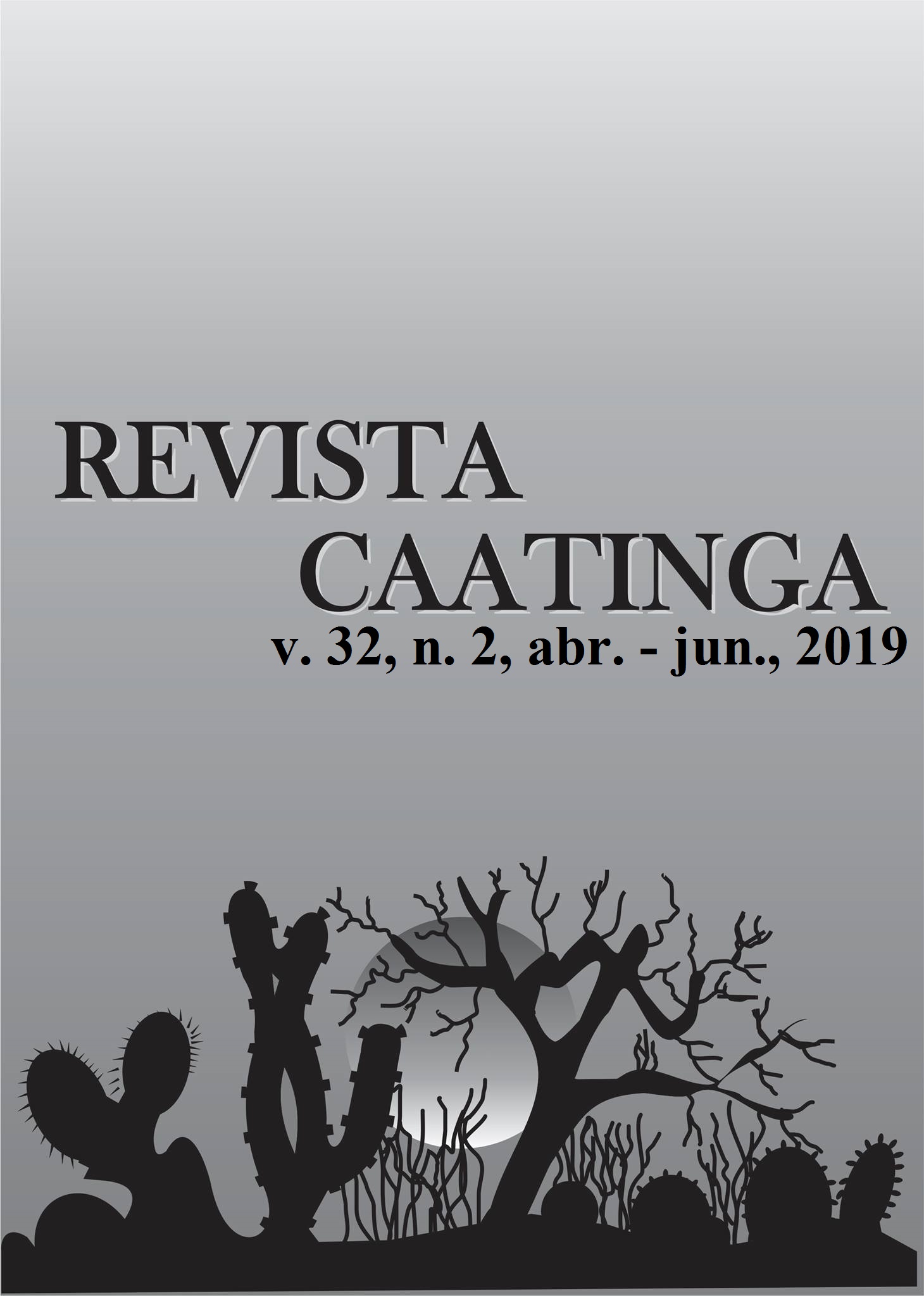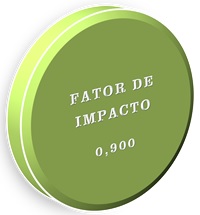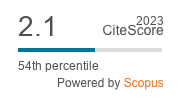POLYPHENOL OXIDASE AND PEROXIDASE ENZYME ASSAYS IN SWEET POTATO CULTIVARS HARVESTED AT DIFFERENT TIMES
DOI:
https://doi.org/10.1590/1983-21252019v32n226rcKeywords:
Ipomoea batatas L. (Lam.). Standardization. Minimum processing.Abstract
Enzyme assays are based on methodologies described in the literature. However, the enzyme kinetics must be adjusted to obtain more reliable results. This study aimed to adjust assays by testing different polyphenol oxidase (PPO) and peroxidase (POD) extract amounts and reaction times in sweet potato cultivars harvested at different times. Sweet potato cultivars Paraná, Mãe de Família, and ESAM1 were harvested at 120, 150, and 180 days after planting and minimally processed. A 0.25 g sample was used to determine PPO and POD activities immediately after minimal processing at each harvest. Extraction was performed in 1500 μL phosphate buffer (0.2 M, pH 6.0). The PPO assay was performed by adding 10–50 μL extract, 1490–1450 μL phosphate buffer (0.2 M, pH 6.0), and 1500 μL catechol (0.2 M). The POD assay was carried out by adding 10–50 μL extract to a reaction medium containing 1790–1750 μL phosphate buffer (0.2 M, pH 6), 100 μl guaiacol (5 g L-1), and 100 μL hydrogen peroxide (0.8 g L-1). In both cases, the evaluated reaction times were 1, 2, and 3 min. In the three cultivars, PPO and POD activities increased with the volume of extract and reaction time at all harvest times. The enzyme extract volume of 10 μL for 2 min promoted a continuous increase in PPO and POD enzyme activities in all studied cultivars and at all reaction times.
Downloads
Downloads
Published
Issue
Section
License
Os Autores que publicam na Revista Caatinga concordam com os seguintes termos:
a) Os Autores mantêm os direitos autorais e concedem à revista o direito de primeira publicação, com o trabalho simultaneamente licenciado sob a Licença Creative Commons do tipo atribuição CC-BY, para todo o conteúdo do periódico, exceto onde estiver identificado, que permite o compartilhamento do trabalho com reconhecimento da autoria e publicação inicial nesta revista, sem fins comerciais.
b) Os Autores têm autorização para distribuição não-exclusiva da versão do trabalho publicada nesta revista (ex.: publicar em repositório institucional ou como capítulo de livro), com reconhecimento de autoria e publicação inicial nesta revista.
c) Os Autores têm permissão e são estimulados a publicar e distribuir seu trabalho online (ex.: em repositórios institucionais ou na sua página pessoal) a qualquer ponto antes ou durante o processo editorial, já que isso pode gerar alterações produtivas, bem como aumentar o impacto e a citação do trabalho publicado (Veja O Efeito do Acesso Livre).







